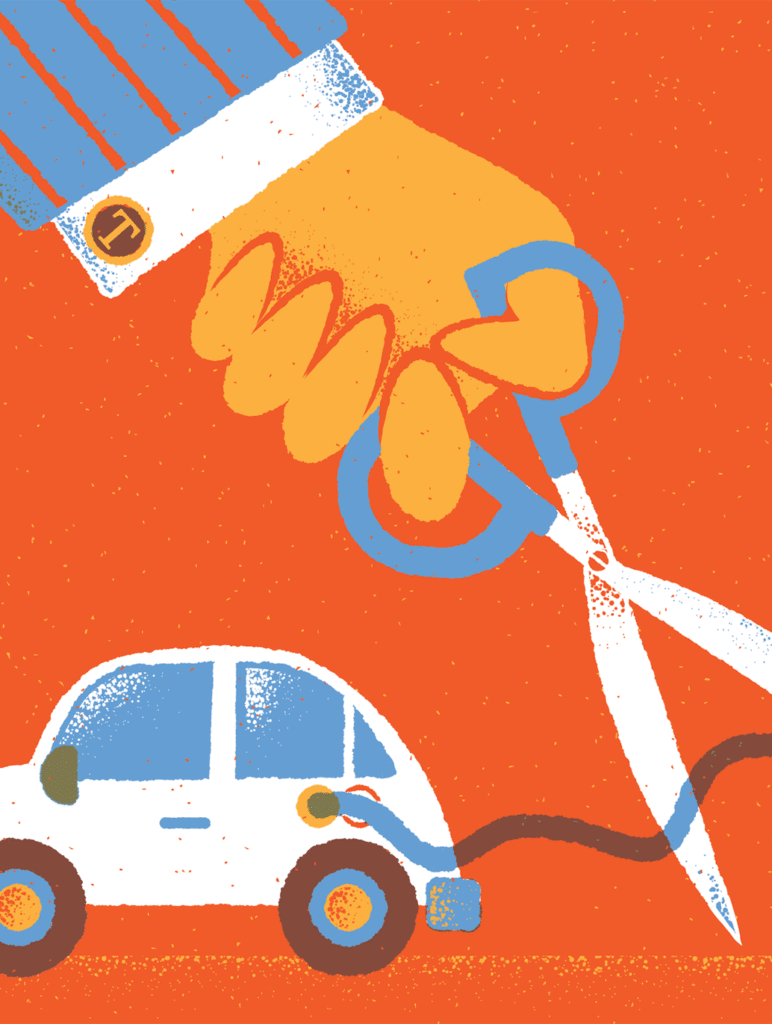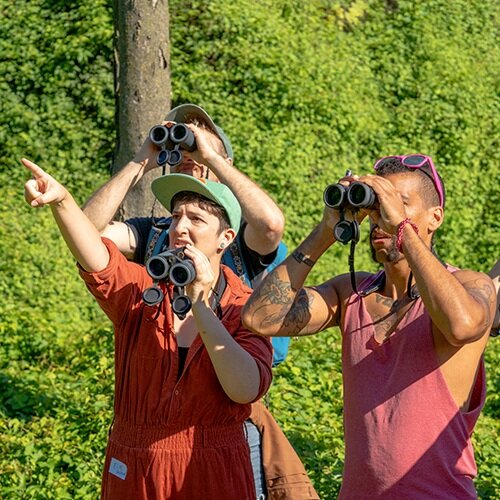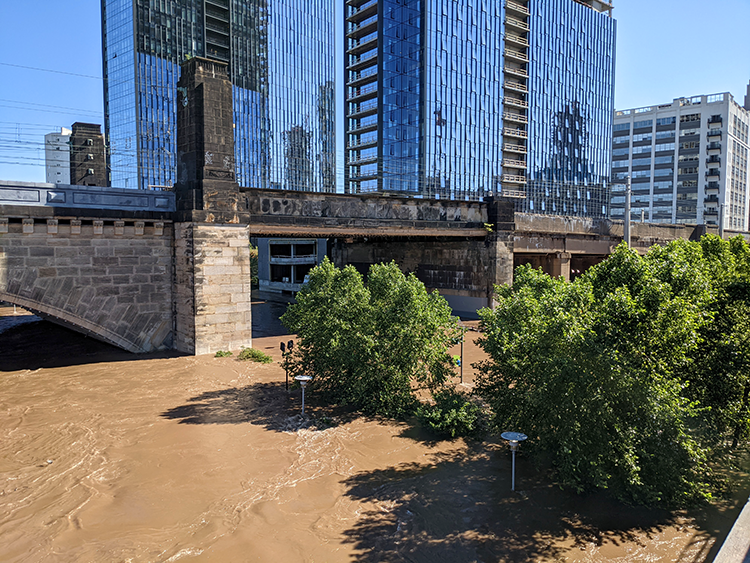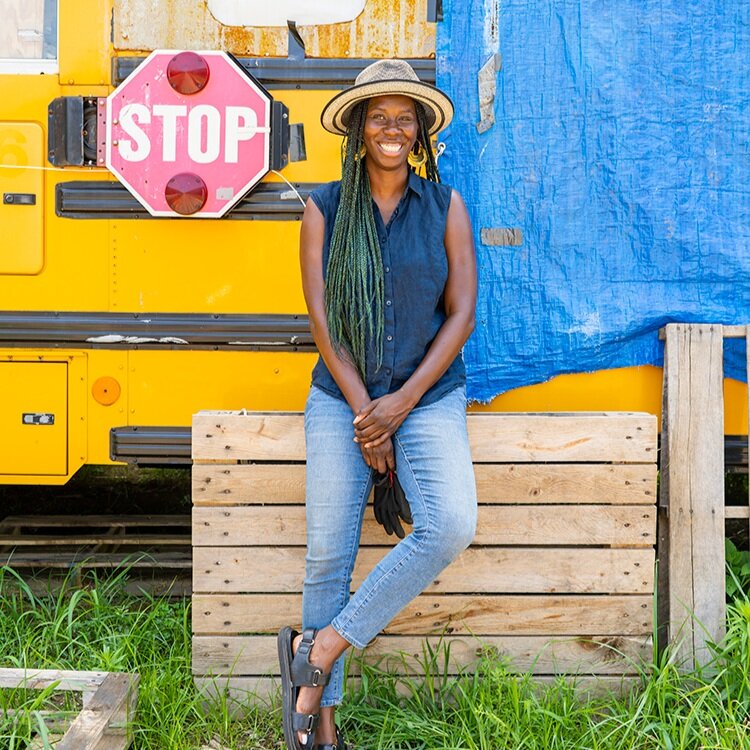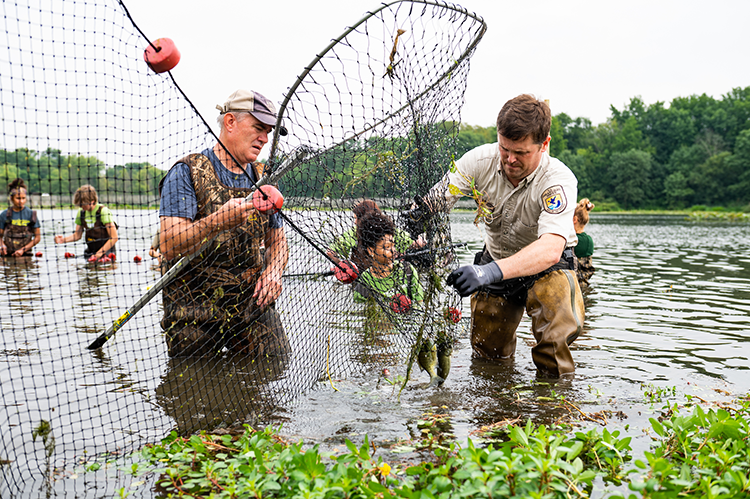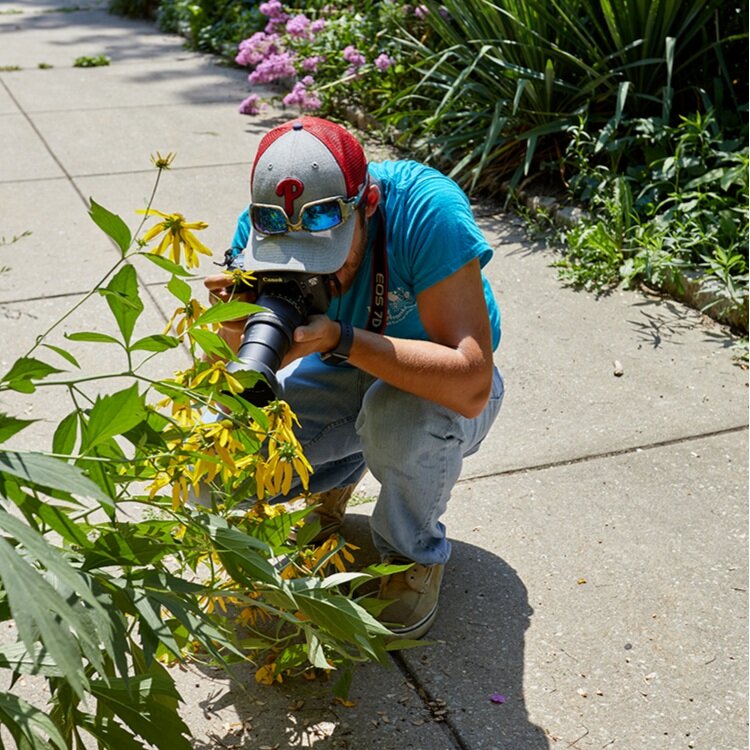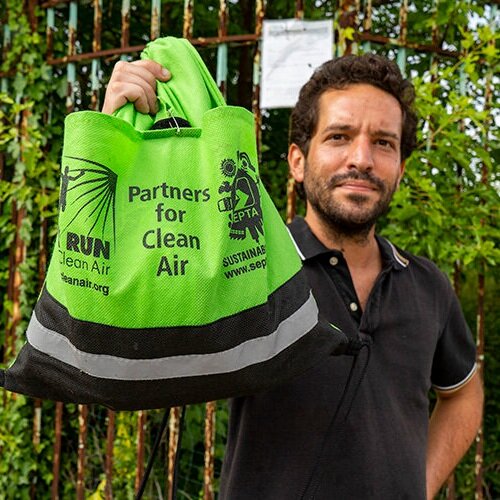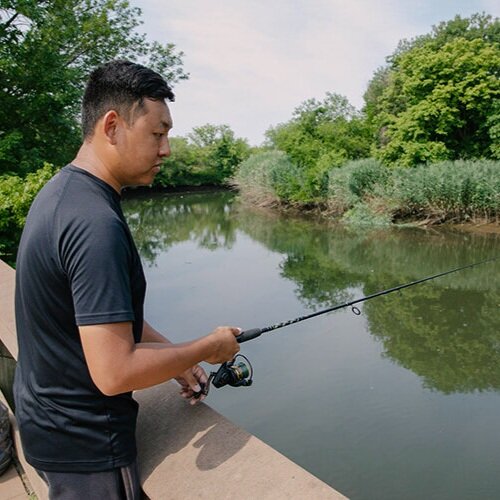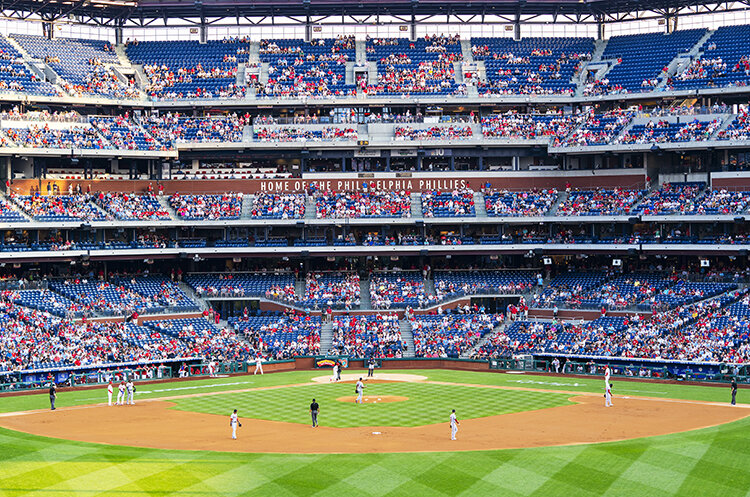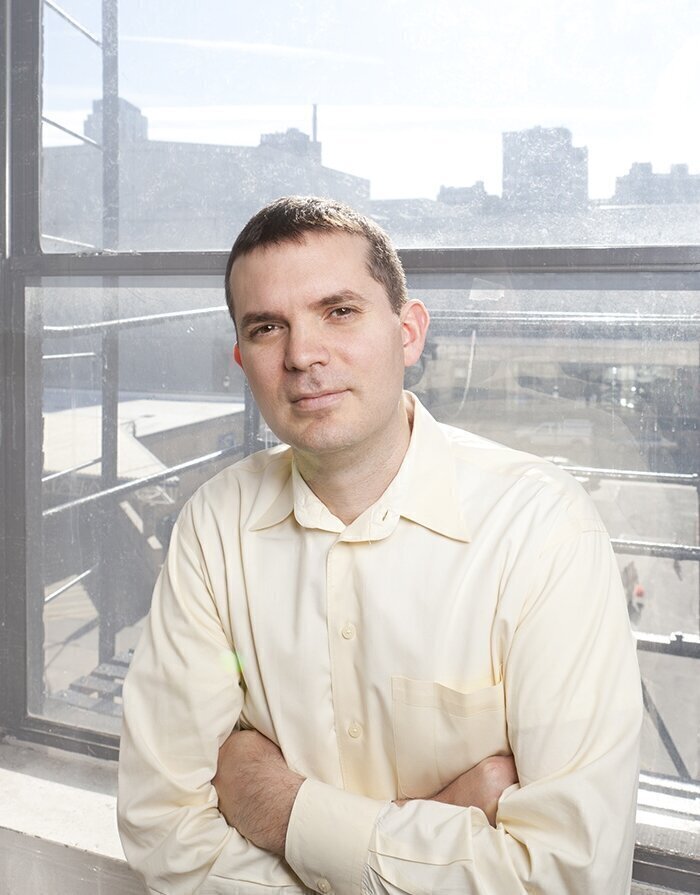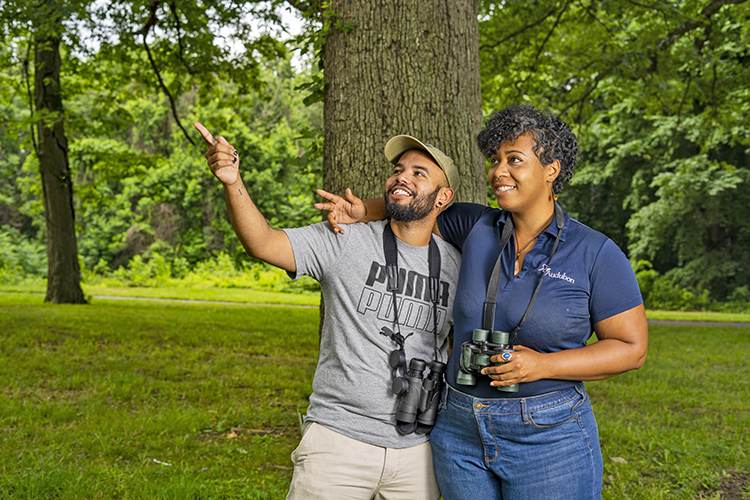When Grid was planning a home electrification guide for the January 2025 issue, the universe threw us a curveball. Donald Trump’s reelection cast doubt on the longevity of federal financial incentives for homeowners across the country to purchase solar panels, electric stoves, heat pump HVAC units and other climate-friendly technologies. So our guide, which walks
MoreElise Greenberg wasn’t expecting many people at the Philly Queer Birders’ first meetup at The Woodlands Cemetery in West Philadelphia this past April. “I honestly expected two to four people to show up,” she recalls. Greenberg had launched the Philly Queer Birders as an Instagram account just a few weeks earlier, seeking community in her
MoreWhen the remnants of Hurricane Ida arrived in the Philadelphia region last month, it brought with it the kinds of chaos we used to just hear about: flooding, property destruction, mudslides and at least one dude back flipping into the sewage pit formerly known as I-676 in Center City. “I definitely thought about the water
MoreOn a small plot of land just on the edge of Southwest Philadelphia sits a yellow school bus. A year ago the gutted vehicle wouldn’t have warranted a second look. But now the bus has been rehabilitated, with reinforced windows and flooring, and sits under a blue tarp to protect it from the rain. The
MoreThere’s a shallow lagoon surrounded by embankments at John Heinz National Wildlife Refuge at Tinicum that provides a good habitat for the northern snakehead and the common carp. Because the two invasive fish species are originally from other places in the world but have thrived in our waters to the detriment of native species, the
MoreMy family and I have been meaning to take part in a nature program at Vernon Park in Germantown by the Tookany/Tacony-Frankford (TTF) Watershed Partnership for years, but up until recently, it’s never panned out. It was never for a shortage of events—they’ve hosted a wealth of volunteer work days, nature walks and other watershed
MoreFour new warehouses are setting up camp in Philadelphia, and clean air activists are concerned about the pollution of their vehicles. The four new sites include an Amazon facility in Southwest, a redevelopment of the former Philadelphia Energy Solutions refinery in South Philly, a UPS site in the Northeast and a redevelopment of the Philadelphia
MoreI stood on the bank at the John Heinz National Wildlife Refuge at Tinicum in June and cast my green frog top lure out into an open patch of water amid the weeds knowing somewhere in there swam northern snakeheads. Twenty years ago, they probably didn’t. The northern snakehead, or Channa argus, hails from East
MoreI met up with my friend Robin Irizarry at the third base gate of Citizens Bank Park. We made it through security and strolled the first level. Like a lot of fans at the game, we were looking for something to eat. Unlike presumably everyone else, we were also looking for birds. I had been
MoreHere’s a nugget from The New York Times story “Extreme Summer,” published on July 20, 2021: “Summers in Boston have come to resemble 20th-century summers in New York. New York, similarly, has come to resemble Philadelphia, which in turn has become hotter than Washington, D.C., or Atlanta were only a few decades ago.” Climate change
MoreLast fall labor organizers at the National Audubon Society began asking non-managerial staff at the 116-year-old environmental organization whether they would like to form a union in partnership with Communications Workers of America (CWA). A majority of staff, including workers in Philadelphia, voted yes, but Audubon has yet to recognize the group as an entity
More
